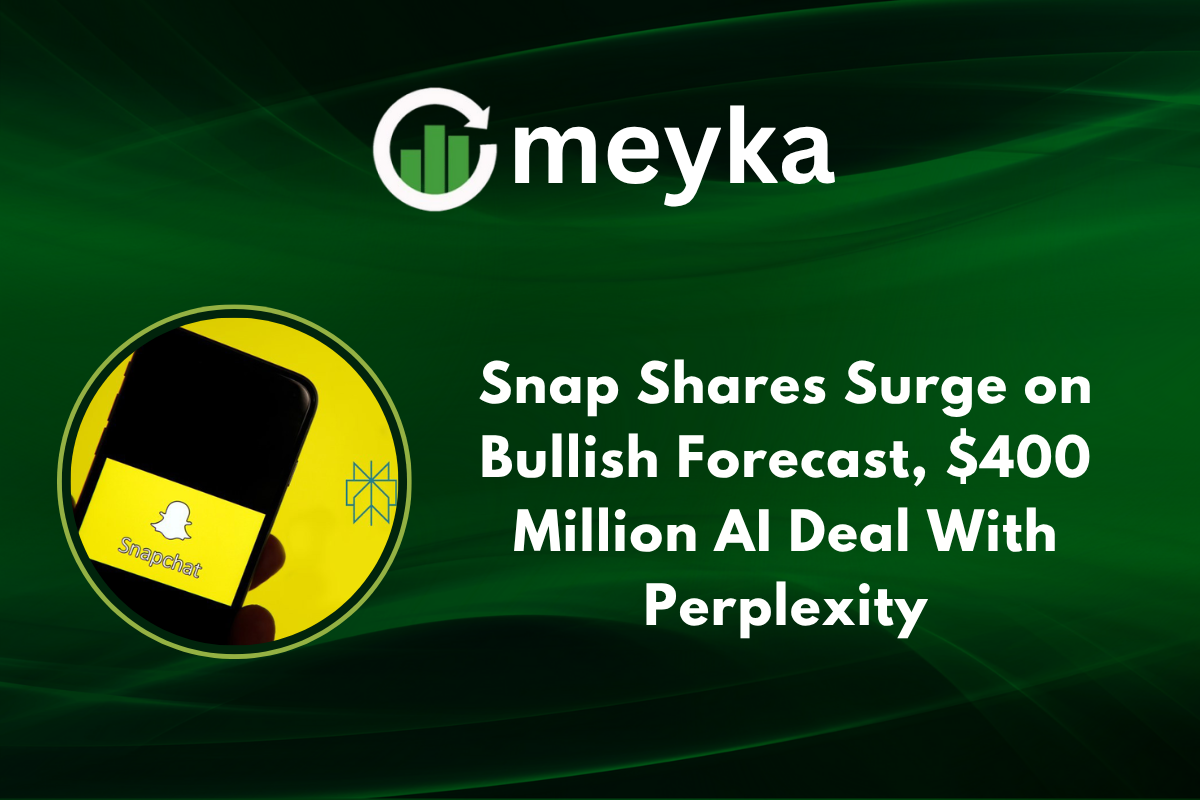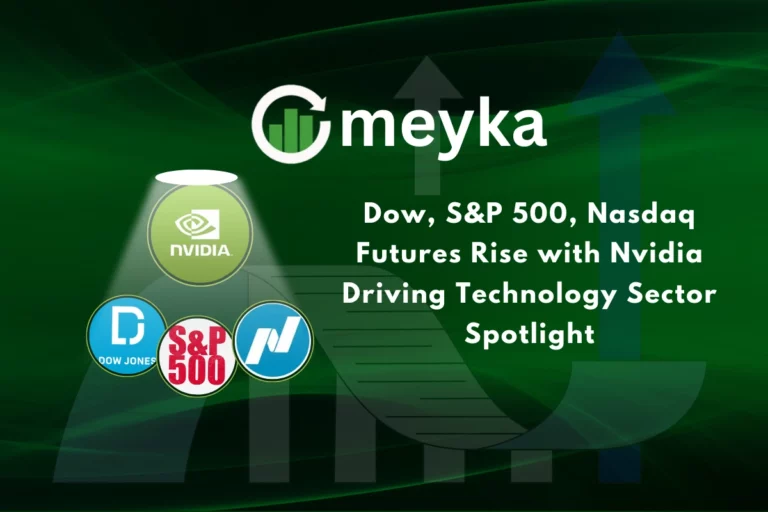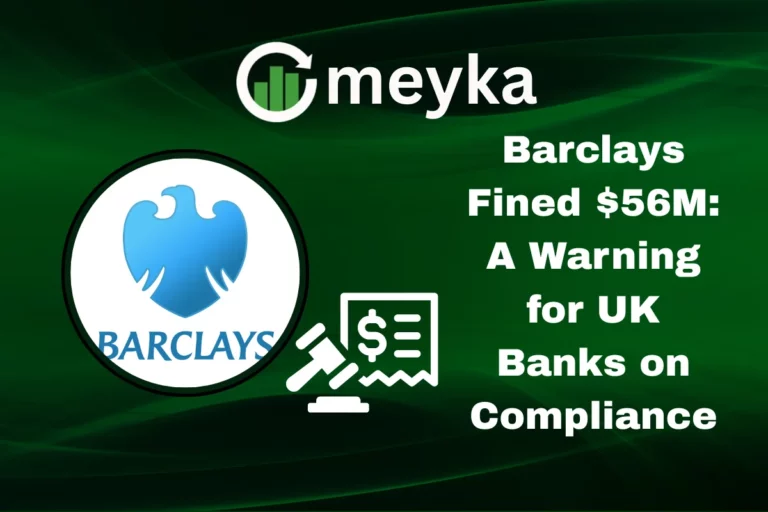Snap Shares Surge on Bullish Forecast, $400 Million AI Deal With Perplexity
Snap Shares surged after the company unveiled a major AI partnership with Perplexity and a raised revenue forecast. Traders cheered a clearer path to diversified revenue, and U S investors pushed the stock higher. This article explains what happened, why it matters, and what to watch next.
Continue Reading on Meyka
This article is available in full on our main platform. Get access to complete analysis, stock insights, and more.
Read Full Article →





